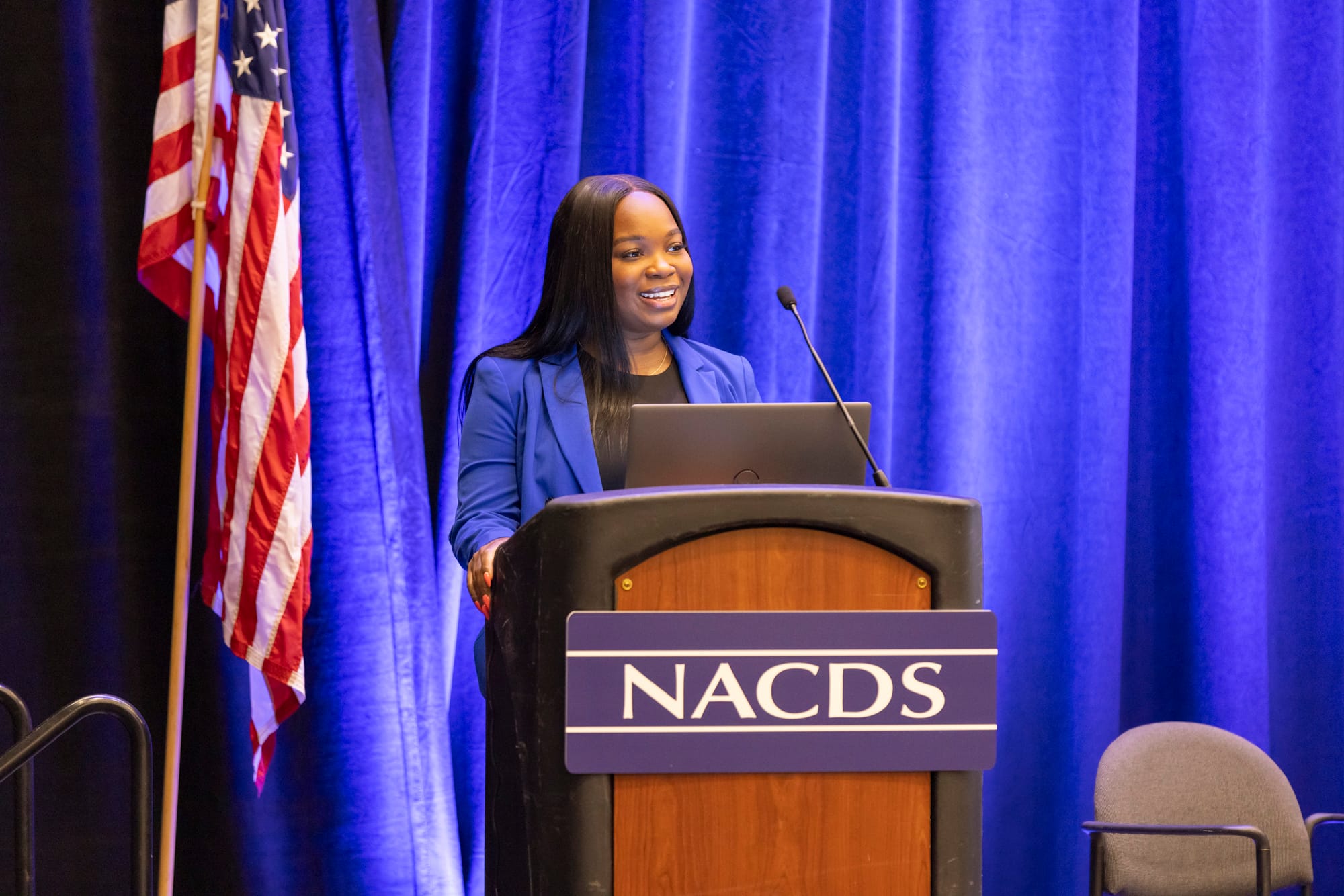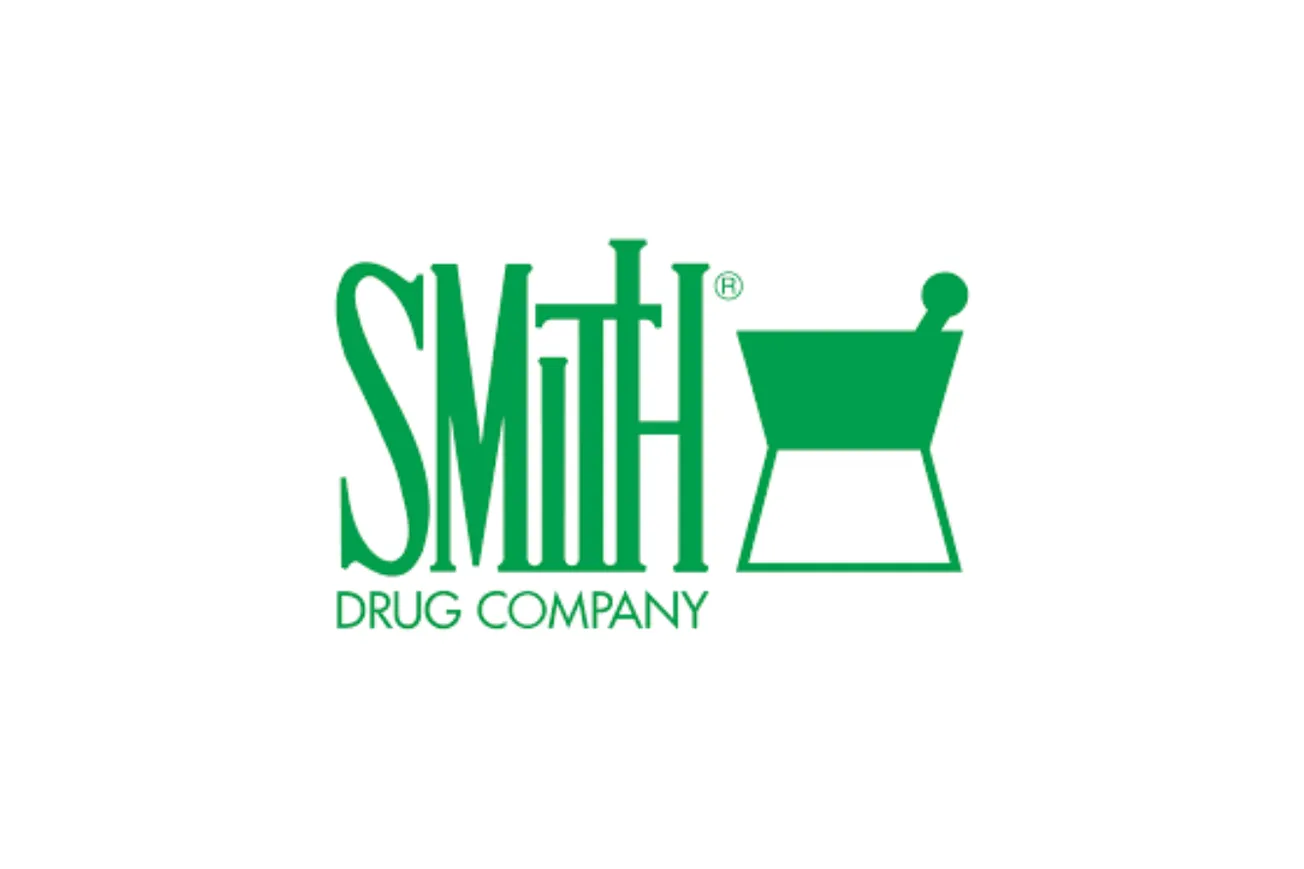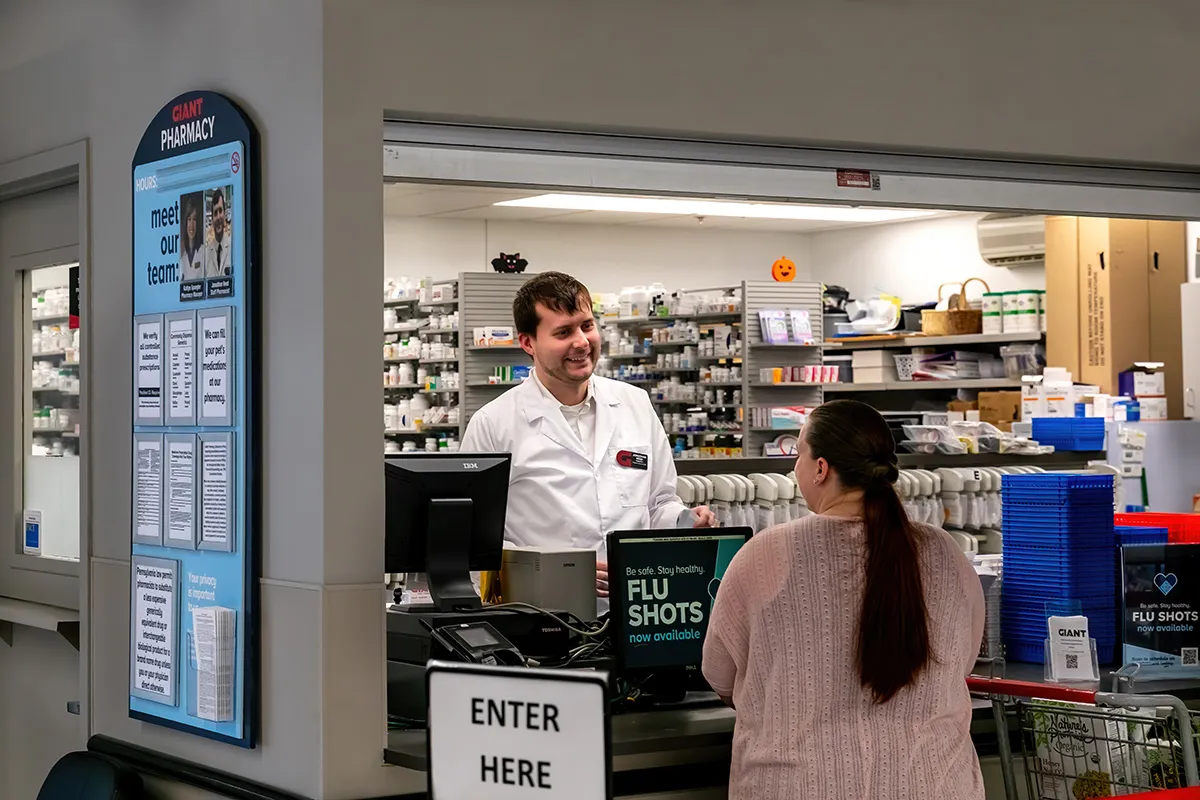BOSTON — Pharmacist interventions in diabetes developed by the University of North Carolina and adapted by Blue Cross Blue Shield of North Carolina (Blue Cross NC) have helped patients slow the disease’s progression.
The UNC value-based care initiative, funded by the National Association of Chain Drug Stores Foundation, included behavioral health and cardiovascular initiatives as well as a comprehensive diabetes program. The diabetes project was conducted at two Realo Drugs outlets and five supermarket pharmacies from early 2020 into last year, yielding granular data for more than 20 participating patients.
The college program’s success laid the groundwork for Blue Cross’ more expansive initiative, called More Than a Script, which launched in July. Developed in partnership with community pharmacies across North Carolina and a health care technology vendor, the program addresses hypertension as well as diabetes for 10,000 patients. Pharmacists at 100 independent drug stores are compensated by the hour for conducting clinical interventions for select BC North Carolina members.
With pharmacists being more accessible than physicians in low population areas, both interventions are well suited for the 70 of North Carolina’s 100 counties that are rural.
The UNC project included screenings and pharmacist consultations that identified at-risk patients and collected their medical histories. Sessions with pharmacists included a type 2 diabetes (T2D) overview and lifestyle management strategies, with patient-centered nutrition and exercise goals. Subsequent sessions with pharmacists included blood glucose tests; heart disease, blood pressure and cholesterol education; encouragement to get regular foot, eye and dental exams to manage T2D complications and a final screening with results sent to a doctor.
The upshot was a reduction in A1c values, on an average of 9.5 to 9.0 after six sessions; significant improvements in patients’ diabetes knowledge; and improvement in their quality of life.
Jon Easter, practice professor and vice chair of practice advancement at the UNC Eshelman School of Pharmacy, said expanding the program and getting compensation from health plans will require adapting a toolkit to ensure workflow flexibility around the core diabetes intervention.

There will also have to be investment in online training and remote coaching with readiness assessments and identification of key quality metrics influenced at the pharmacy level — e.g., A1c, vaccination status and statin usage, which have high value for the payer.
Easter also called for active payer engagement with stakeholder meetings, patient identification and reporting data/outcomes.
The Eshelman School’s Catalyst Vision is serving as a convener to connect pharmacy practice communities, medical providers and payer groups to uncover priorities, needs and gaps in population health management. The goal is to establish North Carolina as a leading example of statewide collaboration and innovation in expanding the reach and adoption of services that optimize medication use and improve outcomes.
More Than a Script is an innovative initiative in which Blue Cross NC reimburses community pharmacists to help its members manage their diabetes and/or high blood pressure. Pharmacists offer program participants no-cost advice about their medicines, eating, physical activity and other parts of their health. The initiative leverages enhanced services provided by community pharmacists to increase access to care and improve the quality of care.
Expanded cognitive services provided by pharmacists align with North Carolina government policies, Blue Cross NC senior clinical pharmacist for professional engagement and quality Jasmine Perry noted.

The program seeks to improve Blue Cross members’ overall health status, increase health equity through access to care, and improve A1c and blood pressure, thereby reducing the cost of care for diabetes and hypertension. Direct outreach from pharmacists was sought to increase engagement.
Other medical objectives now seen for More Than a Script include contraceptive access, maternal health, long-acting injectable administration, smoking cessation, post-exposure prophylaxis, and social drivers of health. Participation from additional pharmacy organizations is being sought to foster the expansion, Perry said.
To determine a pharmacy’s readiness for such a program, she listed four criteria:
• Appropriate staffing.
• Program champion at the site (pharmacist or pharmacy technician).
• Appropriate time and space for the champion and other personnel to learn about the initiative and discuss it with patients.
• Creating a process to define the roles and responsibilities for personnel involved.
• Completing clinical and technical training, and submitting a test.
Blue Cross NC recognizes the untapped capabilities of pharmacists as health care providers, so More Than a Script allows pharmacists to practice to the full extent of their licensure. The insurer is proud to have collaborated with its pharmacy advisory group to mutually agree on a fee structure based on the pharmacist’s time commitment.
At the convenience of the pharmacy counter, Blue Cross NC members receive messages about medical tests, recommended vaccines and other health information. Many people go to the pharmacy more often than to their doctor, and most people in North Carolina live closer to a pharmacy than to their doctor’s office. More Than a Script was created to help bridge the gap between pharmacists’ expertise and the people who need it to manage their conditions between doctor visits.
While the insurer is looking forward to seeing how More Than a Script helps improve the health of North Carolinians, it does not have any preliminary results.
But looking to the future and beyond North Carolina, Perry said, “Stay tuned for a national collaboration.”








